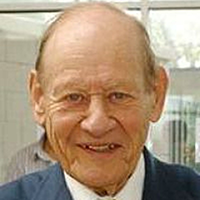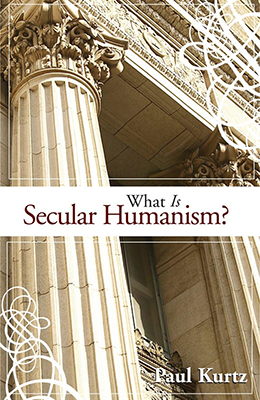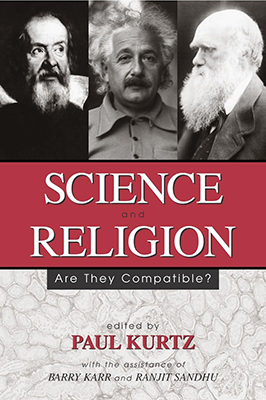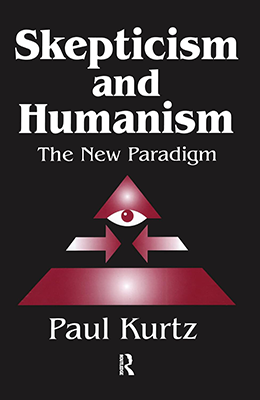
Paul Kurtz
Paul Kurtz was an influential American philosopher and skeptic, known for his contributions to secular humanism and the promotion of skepticism and rational inquiry. He was born on December 21, 1925, in Newark, New Jersey, and passed away on October 20, 2012.
Kurtz earned his bachelor’s degree from New York University and his Ph.D. in philosophy from Columbia University. He taught philosophy at several universities, including Vassar College, Trinity College, and the State University of New York at Buffalo, where he chaired the Department of Philosophy.
Throughout his career, Kurtz was a prolific author, writing numerous books and articles on topics ranging from ethics and metaphysics to skepticism and secularism. He founded several organizations dedicated to promoting secular humanism and rational inquiry, including the Committee for the Scientific Investigation of Claims of the Paranormal (now known as the Committee for Skeptical Inquiry), the Council for Secular Humanism, and the Center for Inquiry.
As a skeptic, Kurtz advocated for critical thinking and scientific inquiry as the best tools for understanding the world and solving its problems. He was a vocal critic of pseudoscience, superstition, and dogma, and he worked to promote a worldview based on reason, evidence, and humanistic values.
In addition to his work in philosophy and skepticism, Kurtz was also an advocate for secularism and religious tolerance. He argued for the separation of church and state and the importance of freedom of thought and conscience in a democratic society.
Kurtz’s ideas and writings had a significant impact on the fields of philosophy, skepticism, and secular humanism. He was widely regarded as one of the most influential figures in the modern skeptical movement, and his work continues to inspire and influence skeptics, humanists, and freethinkers around the world.



